President Donald Trump's attorney Jay Sekulow claimed, without evidence, that an interview Trump sat down for with NBC's Lester Holt, in which Trump said that one of his reasons for firing former FBI Director James Comey was the investigation into Russian meddling in the 2016 presidential election, was doctored.
"You know that when there are interviews, there are edits and there is a longer transcript, and I will just tell you without disclosing any detail that when you review the entire transcript, it is very clear as to what happened," Sekulow said, stressing that a line later in the interview that was cut makes Trump's comments about "the Russia thing" look less damning (and considerably less like an admission of obstruction of justice).
A confidential letter that Trump's legal team sent to Mueller in January (and that The New York Times obtained this summer) outlines this argument:
Because it has been so widely misreported and mischaracterized, we believe it is important to present the exchange in its entirety. What the President actually said was this: “I was going to fire Comey knowing there was no good time to do it. And in fact, when I decided to just do it, I said to myself — I said, you know, this Russia thing with Trump and Russia is a made-up story.” The President and Mr. Holt then talk over each other for approximately a minute, before the President completed his original thought by saying,
“As far as I’m concerned, I want that thing [the Russia investigation] to be absolutely done properly. When I did this now, I said I probably maybe will confuse people. Maybe I’ll expand that- you know, I’ll lengthen the time because it should be over with. It should — in my opinion, should’ve been over with a long time ago because it — all it is an excuse. But I said to myself I might even lengthen out the investigation. But I have to do the right thing for the American people. He’s the wrong man for that position.”
Later in the interview, the following exchange took place:
PRESIDENT: “I want very simply a great FBI director.”
HOLT: “And will you expect if they would — they would continue on with this investigation ....”
PRESIDENT: "Oh, yeah, sure. I expect that.”
However, the full context Sekulow alludes to has been in the public domain for more than 16 months, because MSNBC released the full interview after it was first recorded.
"And the evidence, when you look at the entire evidence, you don't see it," Sekulow continued. "I'm not faulting anybody running a clip ... but to turn it literally into a federal case we don't think is right, we don't think it's constitutional and we think the entire transcript -- without question -- supports the President."
Sekulow claimed that the president's legal team had mentioned this several times during talks with Special Counsel Robert Mueller's investigators, but he declined to provide further details, only saying that "we have addressed that on multiple occasions appropriately."
Sekulow's claim echoes an allegation Trump made last month when he accused NBC––and, by extension, Holt––of "fudging" the tape. At the time, Trump suggested that NBC News Chairman Andrew Lack (to whom he bestowed a derogatory nickname) was “about to be fired(?) for incompetence, and much worse.”
That statement was the first time Trump had suggested any impropriety about the interview in the 15 months since it first aired, and people don't seem so quick to buy Trump's version of events, let alone Sekulow's insistence that the tape was doctored.
California Representative Ted Lieu, a Democrat, said Trump and Sekulow are trying to discredit the tape because the notorious loose-lipped and tempestuous Trump "admitted to the elements of Obstruction of Justice on national TV."
Others concurred.
Last year, Trump, in the wake of his interview with Holt, rehashed his statements on Comey and criticized the media for propagating a narrative he says is false.
“Not that it matters but I never fired James Comey because of Russia!" he wrote, in part.
The president's claim prompted several, including Senate Minority Leader Chuck Schumer (D-NY) to share clips of him admitted just that.
“But regardless of recommendation, I was going to fire Comey knowing there was no good time to do it,” Trump says in the clip from an interview he gave Holt at the time. “And, in fact, when I decided to do it, I said to myself, I said, ‘You know, this Russia thing, with Trump and Russia, is a made-up story, it’s an excuse.'”
MSNBC also shared the clip, noting that the president’s tweet contradicts what he told Holt during his televised appearance.
MSNBC also pointed to a quote Trump's attorney Rudy Giuliani gave Fox News earlier that month. Giuliani said that Trump fired Comey "because Comey would not, among to other things, say that he wasn't a target of the investigation."
In July, Giuliani again asserted that Trump “made it clear to Lester Holt that he [fired Comey] knowing that the [Russia] investigation would continue, so he couldn’t obstruct it." During that same interview, he said that reporters often "ignore this."
They conveniently leave that off whenever they play that tape,” Giuliani said. “Amazing what they do with tapes.”
These are just a couple of examples of the president contradicting himself so publicly, and one need only scroll through Trump’s Twitter feed to find other instances of him assailing Comey for his hand in the Russia probe, now led by Special Counsel Robert Mueller, himself a frequent target of the president’s attacks.
The president’s outburst in May came amid a report that Andrew McCabe, the former acting FBI director, wrote a confidential memo last spring documenting a conversation he had at the Justice Department with the deputy attorney general, Rod J. Rosenstein. Rosenstein, notes The New York Times, “played a key role” in Comey’s dismissal, “writing a memo that rebuked Mr. Comey over his handling of an investigation into Hillary Clinton.” Rosenstein also revealed that the president had asked him to reference Russia in his memo, although he did not elaborate on what Trump wanted him to say.
To McCabe, the Times report continues, “that seemed like possible evidence that Mr. Comey’s firing was actually related to the F.B.I.’s investigation into the Trump campaign’s ties to Russia, and that Mr. Rosenstein helped provide a cover story by writing about the Clinton investigation.”
The president fired Comey on May 9, 2017, an action which, many legal experts say, constitutes grounds for an investigation of Trump for possible obstruction of justice. A New York Times report the following Monday revealed that Trump asked Comey to halt the criminal investigation into Michael Flynn, his former national security advisor. (Flynn would later plead guilty to lying to federal investigators about his conversations with Sergey Kislyak, the former Russian ambassador to the United States.)
“I hope you can see your way clear to letting this go, to letting Flynn go,” Trump told Comey, according to a memo Comey wrote immediately after the meeting, which took place the day after Flynn resigned. “He is a good guy. I hope you can let this go.”
Comey wrote the memo detailing his conversation with Trump as part of a paper trail documenting the president’s “improper” efforts to impede the continuing investigation.



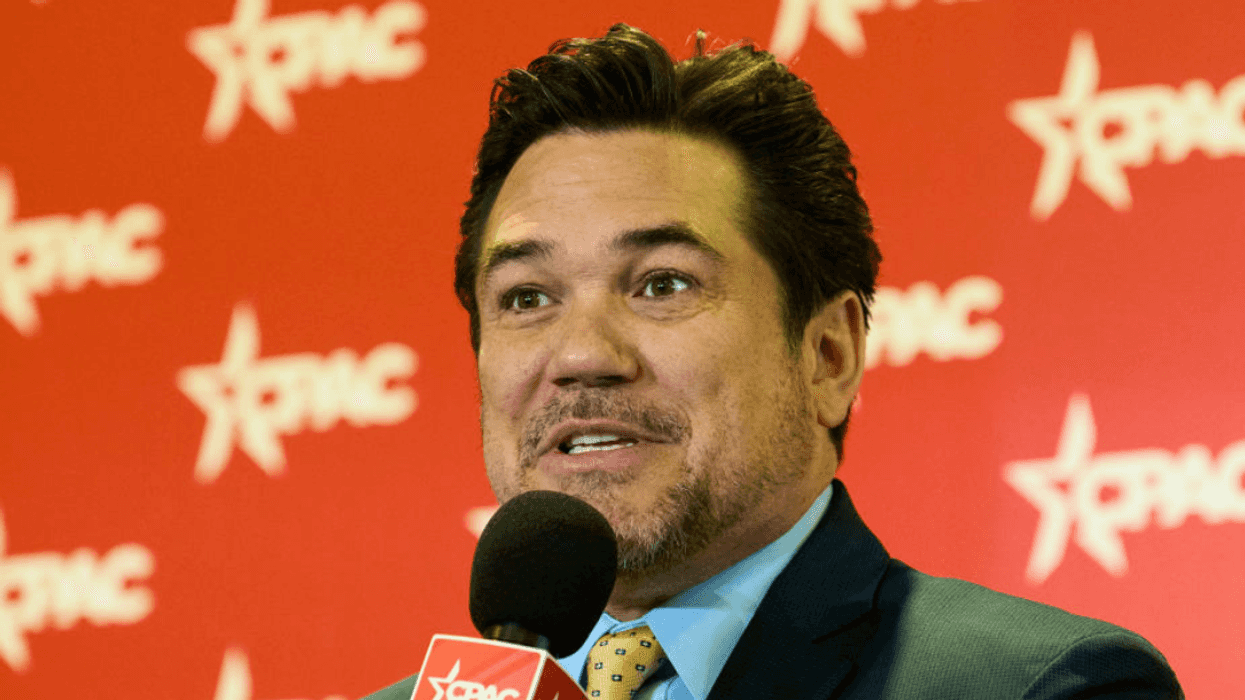




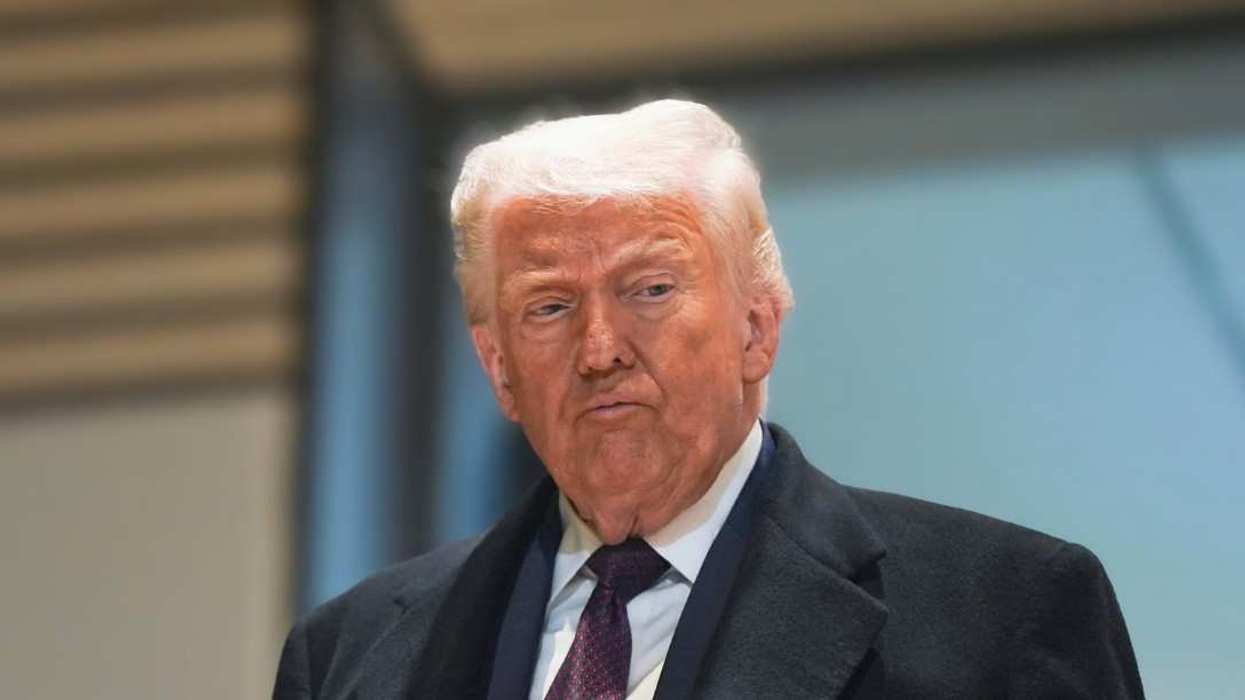

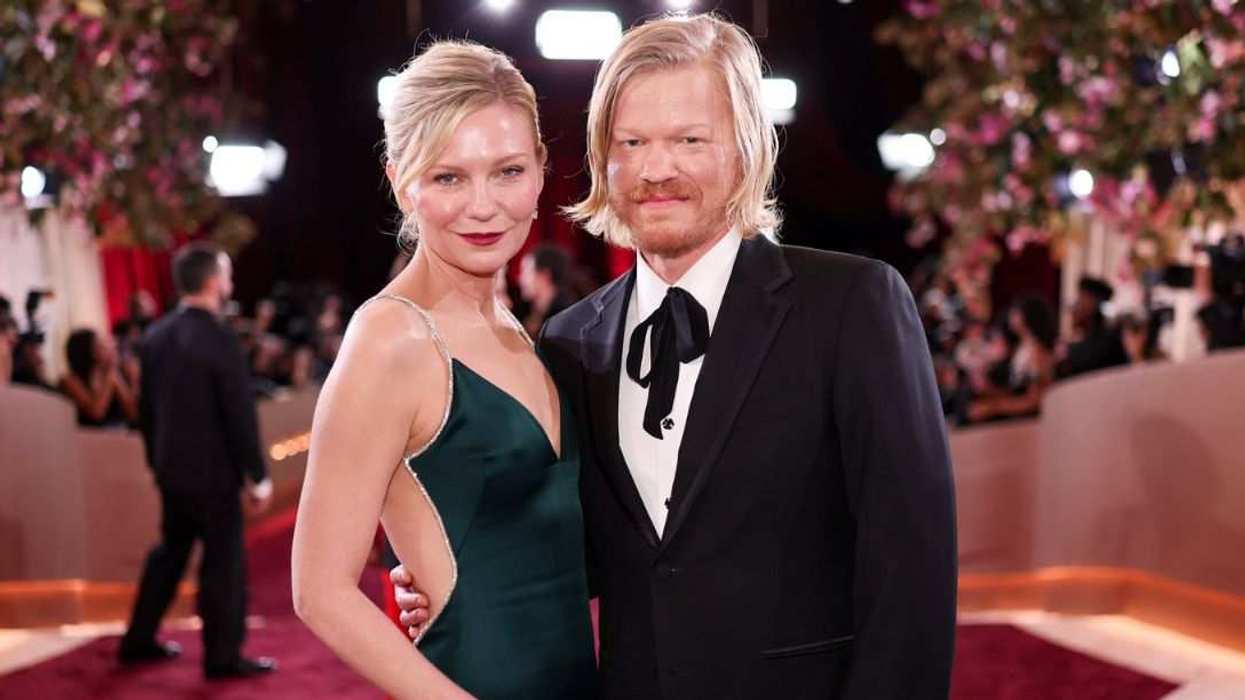
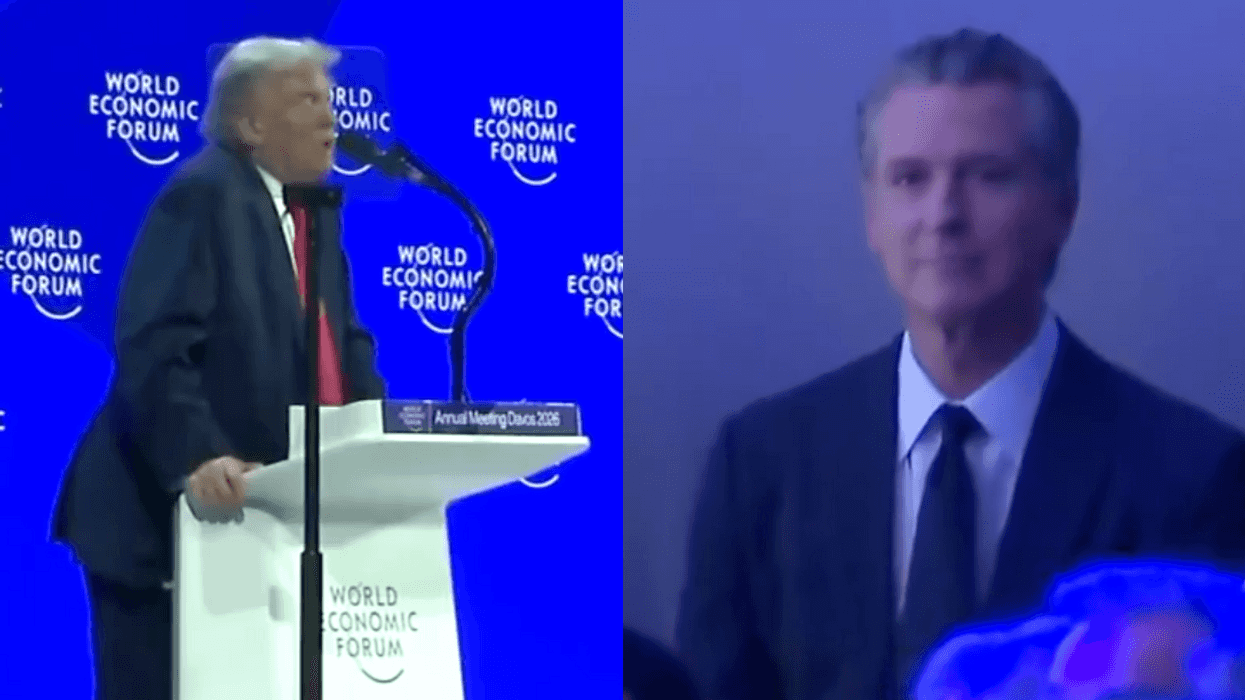
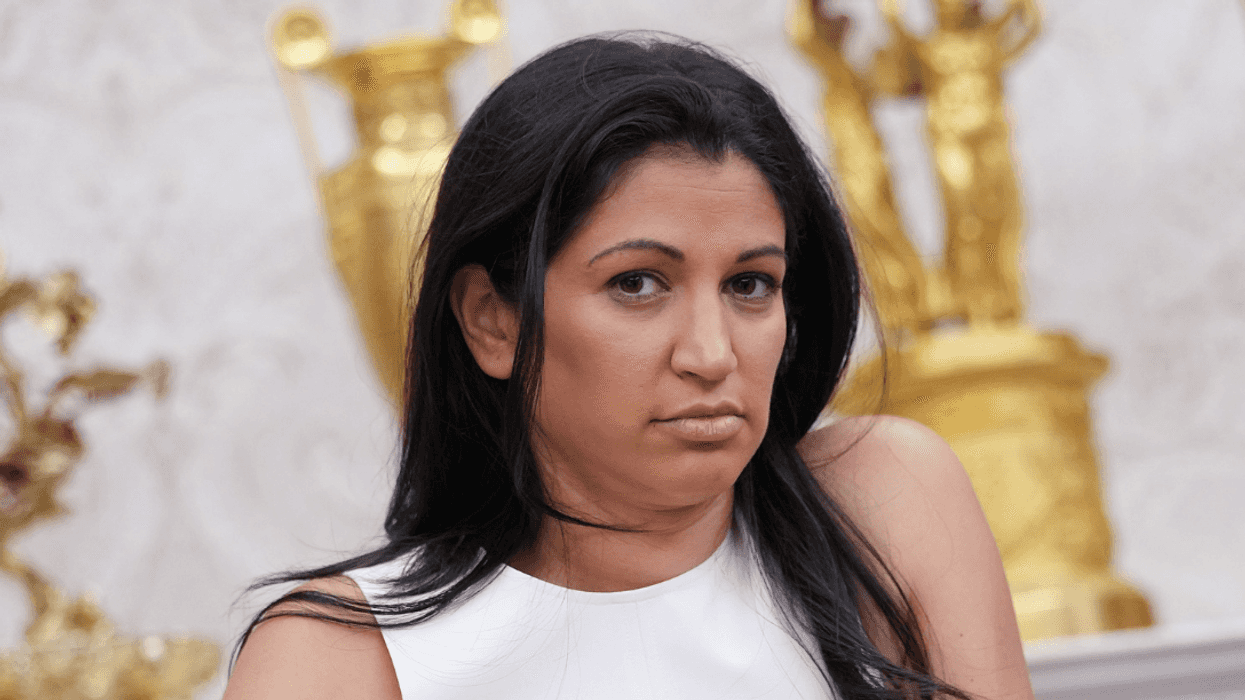

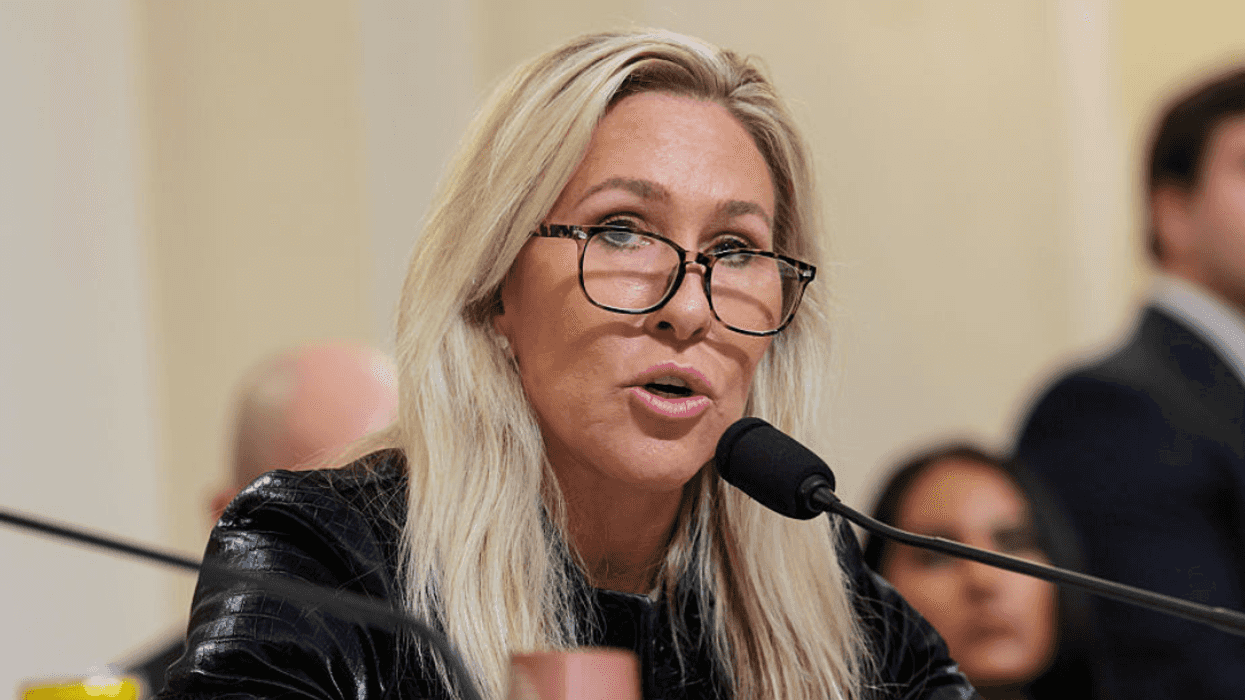
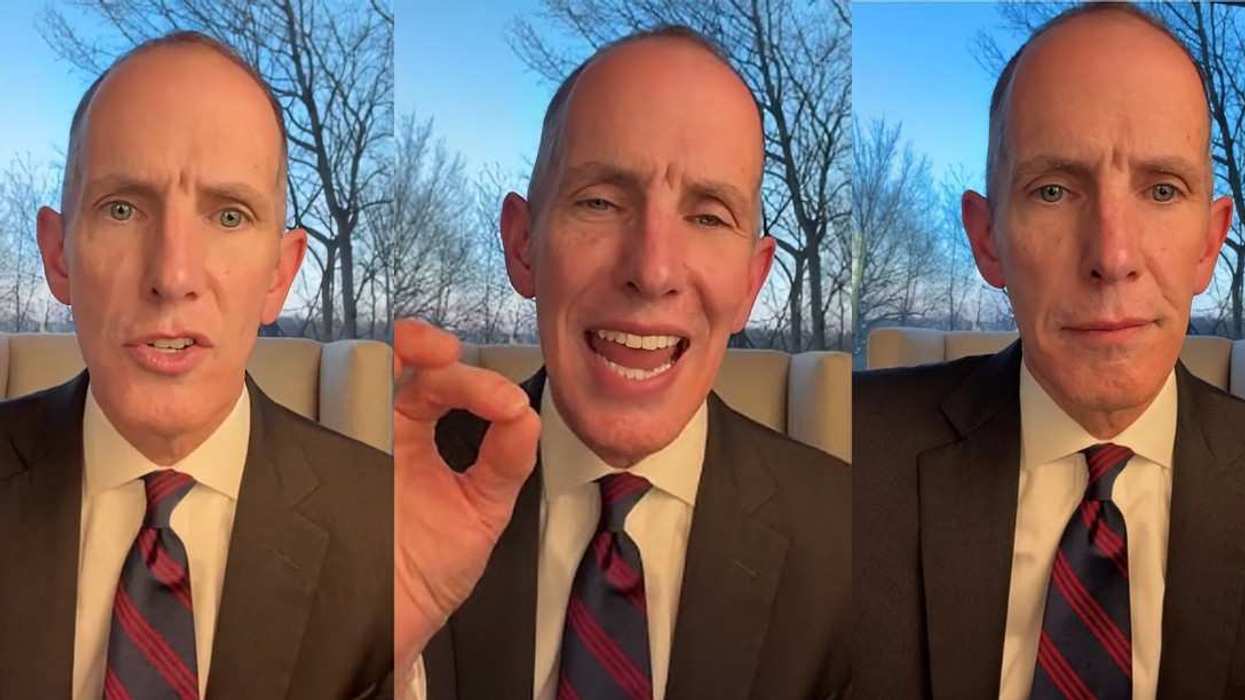
 Christina Lorey/Facebook
Christina Lorey/Facebook Christina Lorey/Facebook
Christina Lorey/Facebook @eicathomefinn/Bluesky
@eicathomefinn/Bluesky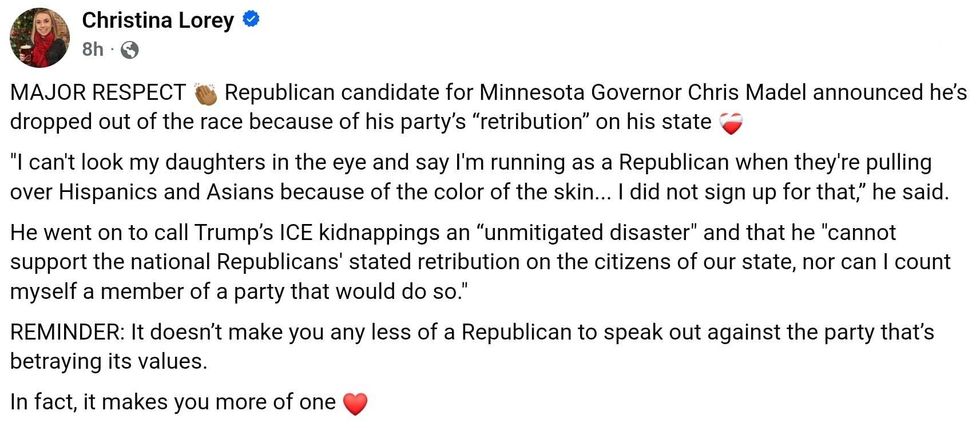 Christina Lorey/Facebook
Christina Lorey/Facebook Christina Lorey/Facebook
Christina Lorey/Facebook Christina Lorey/Facebook
Christina Lorey/Facebook Christina Lorey/Facebook
Christina Lorey/Facebook Christina Lorey/Facebook
Christina Lorey/Facebook Christina Lorey/Facebook
Christina Lorey/Facebook Christina Lorey/Facebook
Christina Lorey/Facebook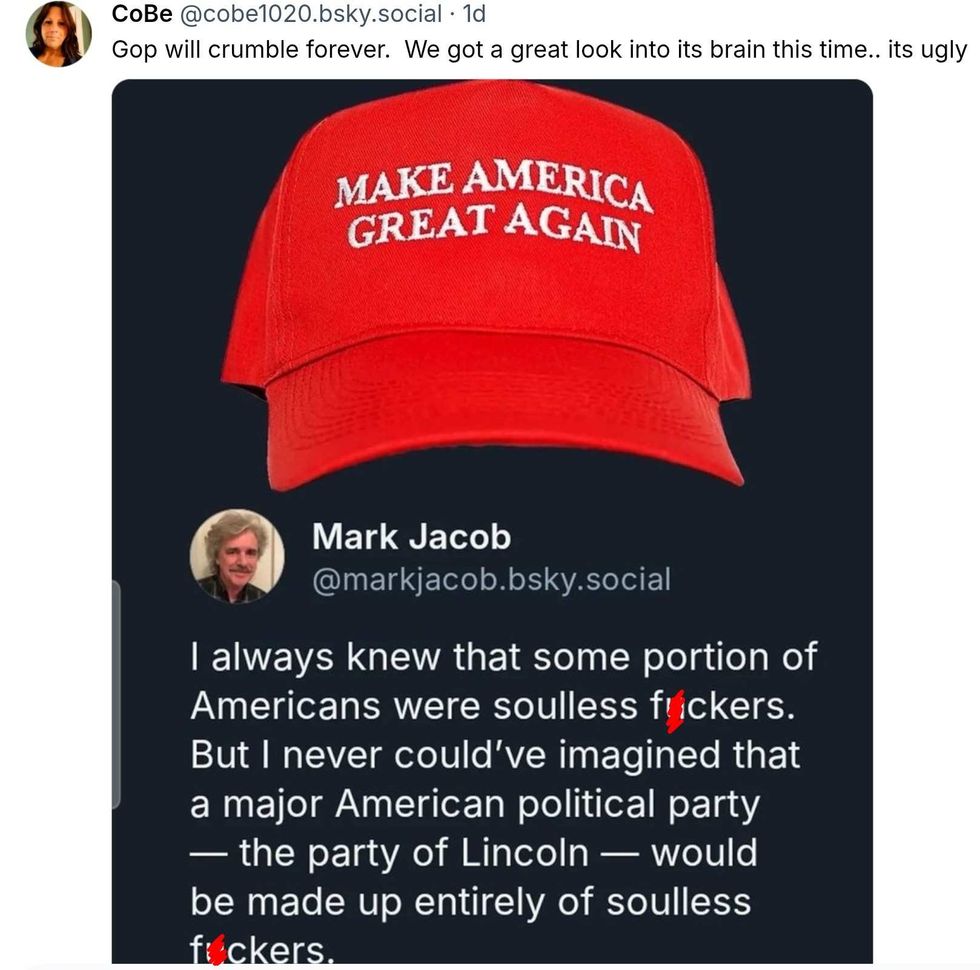 Christina Lorey/Facebook
Christina Lorey/Facebook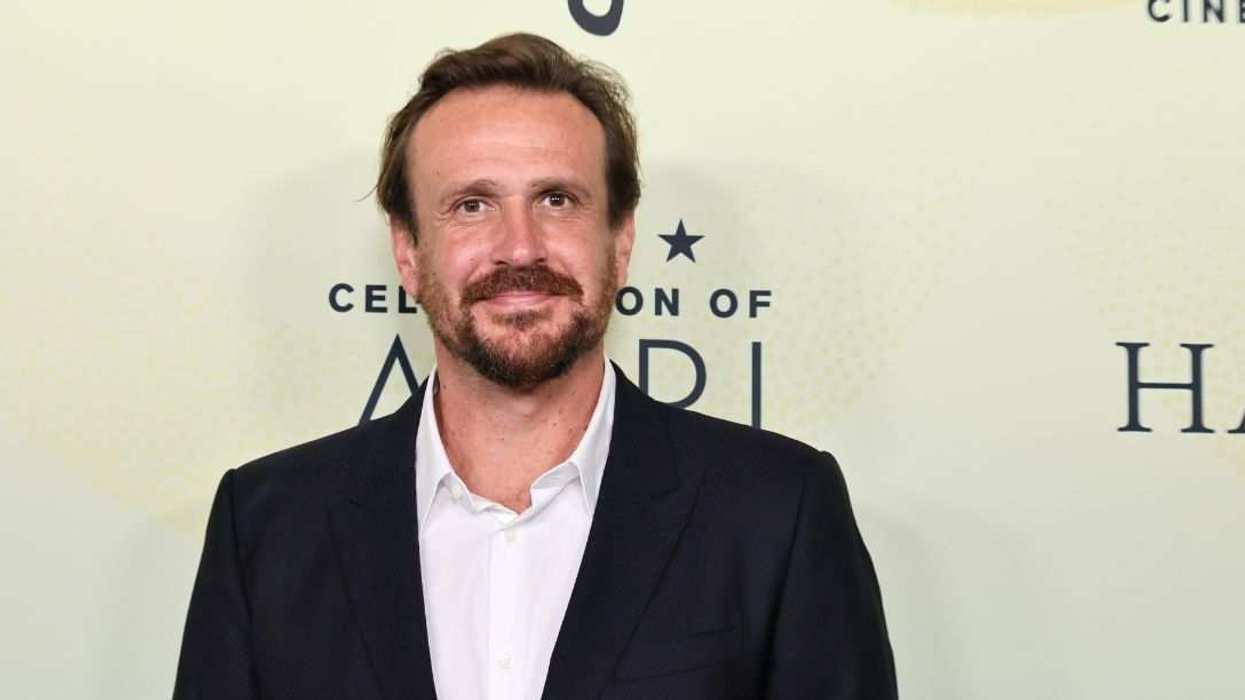
 @catmeo28/TikTok
@catmeo28/TikTok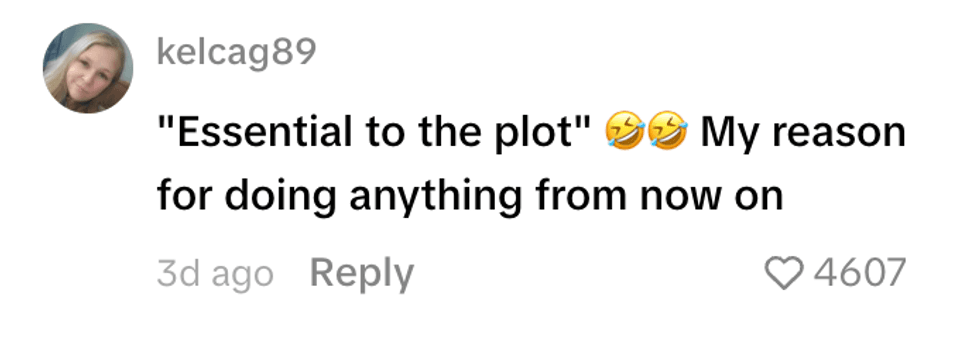 @kelcag89/TikTok
@kelcag89/TikTok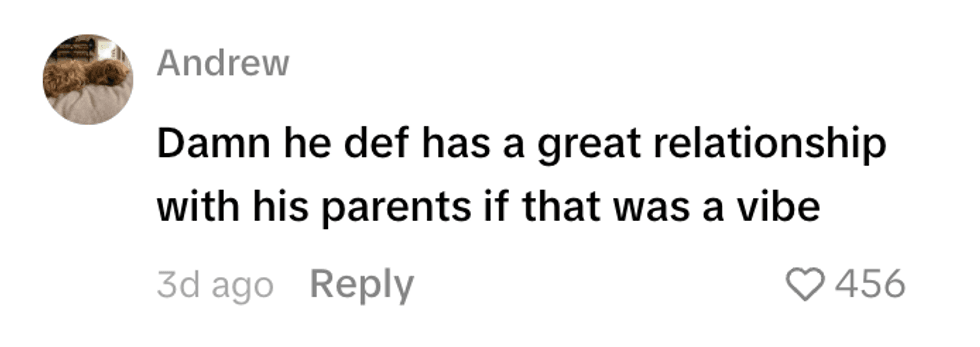 @andrew_gilstrap/TikTok
@andrew_gilstrap/TikTok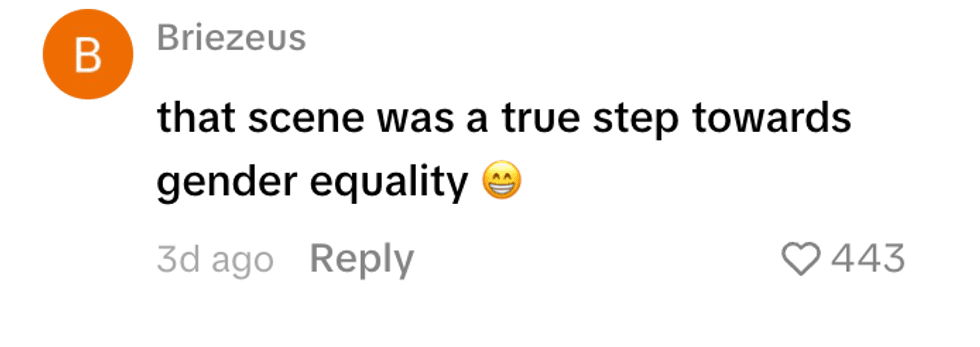 @briezeus/TikTok
@briezeus/TikTok @dexx_uppercutt/TikTok
@dexx_uppercutt/TikTok @whoozqueen/TikTok
@whoozqueen/TikTok @greg_clubsandwich/TikTok
@greg_clubsandwich/TikTok @amieeetaylor/TikTok
@amieeetaylor/TikTok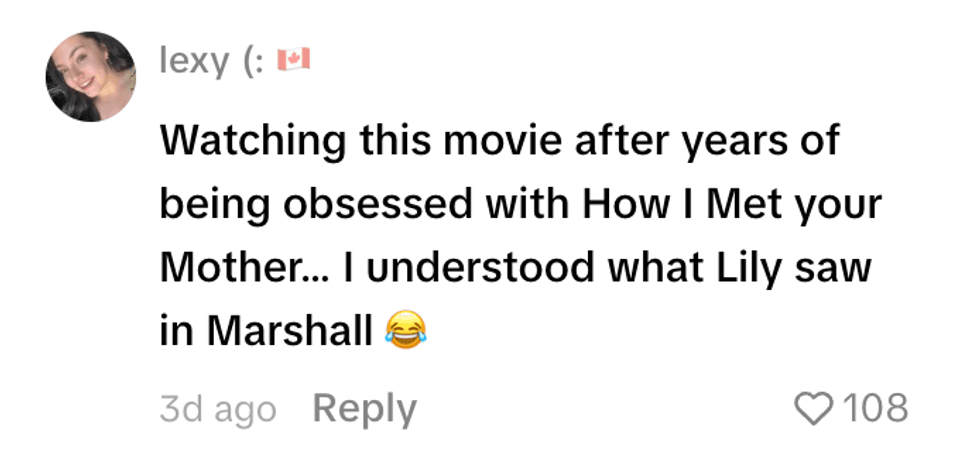 @lexyylee/TikTok
@lexyylee/TikTok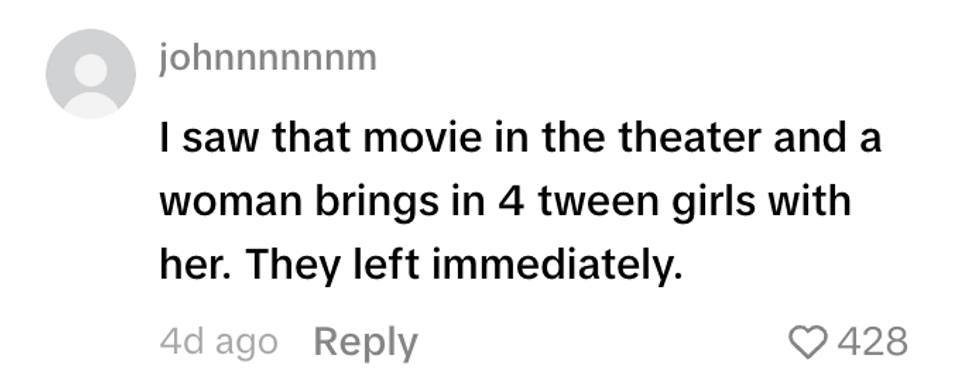 @johnnnnnnm6/TikTok
@johnnnnnnm6/TikTok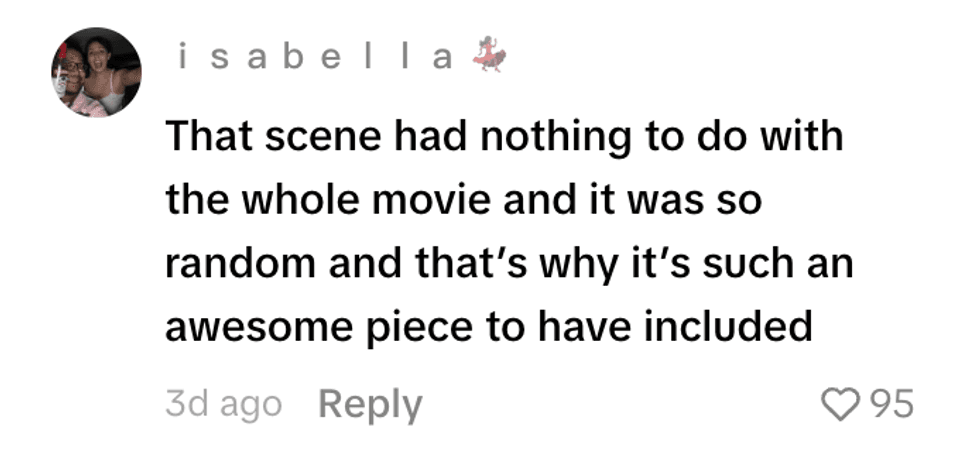 @essencechone/TikTok
@essencechone/TikTok @aksewgnarly/TikTok
@aksewgnarly/TikTok